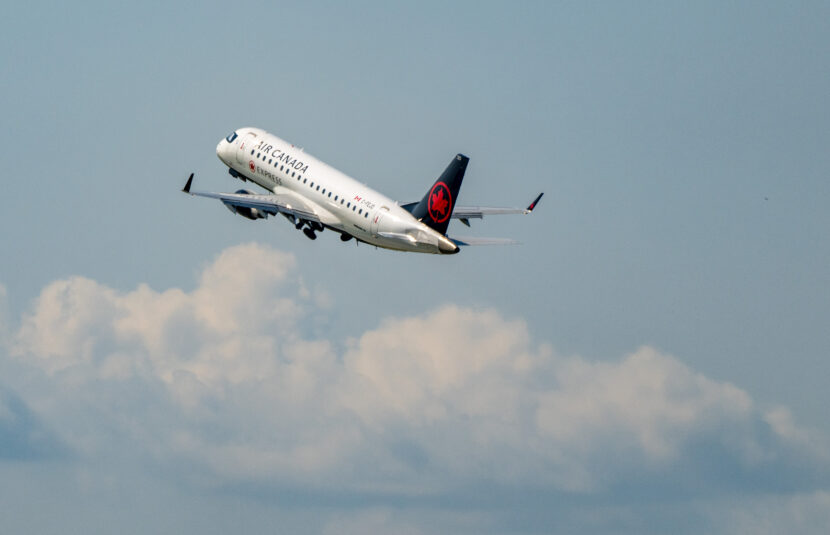TORONTO — Canadians might be shunning leisurely visits to the U.S., but new data shows corporate travel appears to be business as usual.
Despite political tensions with U.S. President Donald Trump’s administration, economic uncertainty stemming from tariffs and fears of treatment at the border, data from SAP Concur suggests Canadian business travel to the U.S. during the first half of the year has remained stable compared with last year’s levels, even if it means some companies are taking more precautions at the border.
During the six-month period that ended June 30, the data showed the U.S. accounted for 79 per cent of corporate travel from Canada.
“Despite the political tension and the economic uncertainties right now between Canada and the U.S., the U.S. remains to be an absolutely critical partner with the majority of Canadian businesses,” said Brian Veloso, managing director at SAP Concur Canada.
The next most popular destinations included the U.K., which accounted for three per cent of Canadian business trips during the period, and Germany, which accounted for two per cent.
The figures also show Canada was the No. 1 international destination for corporate travel from the U.S.
On a global scale, Canada was ranked as the fourth most popular destination for international business travel.
The steady business travel comes as overall Canadian resident return trips from the U.S. were down 28.7 per cent in June year-over-year, continuing a trend that has been ongoing since earlier this year as Canada-U.S. tensions flared.
Danielle Riddle, CEO of corporate travel services firm Inspired Travel Group, said that based on what she is seeing, U.S. travel continues to be “essential for a lot of Canadian businesses.”
“Many of our clients have head offices, partners or major clients in the U.S. So those trips, they’re not going away,” she said.
Corporate travel was replaced by video calls during the pandemic, but as restrictions lifted, Riddle said companies going on deal-making trips to pitch to a firm across the border or try to land an account once again saw the benefits of getting on a plane for in-person meetings.
“As soon as that started happening again, companies thought, ‘Well, our competitive advantage is that we’re not just going to schedule a video call with you, we will be there,’” Riddle said.
Jenny Kost, a business travel expert at Flight Centre Travel Group Canada, said U.S. and Canadian businesses tend to be closely linked because of their geography.
“Many of the customers that we work with have a trans-border presence. And so it’s really critical for them to continue making sure that those partnerships are strong and that they have a finger on the pulse of what’s happening in the businesses across both sides of the border,” she said.
Though appetite for in-person cross-border meetings has grown, stories have emerged about stricter treatment at the border since Trump took office in January.
Beth Nanton, a partner and U.S. immigration practice leader at KPMG Law, said some companies have made changes to how they approach U.S. travel.
“I would say companies have been more careful in terms of how they’re preparing their employees,” Nanton said.
She said some that previously handed business travel letters or work permit assessments in-house are now seeking external counsel.
“We’ve had a few companies engage us for business traveller assessments that previously were not using external counsel at all,” she said.
Nanton said she generally advises firms to expect travel times to be longer.
“We’re advising people to allow more time because the overall process hasn’t exactly changed, but I will say the additional questioning can just lead to overall longer processing time,” she said.
Additionally, Nanton noted that a lot of Canadians are opting to cross the border at a pre-clearance facility at an international airport on Canadian soil.
Still, increased scrutiny at the border has spurred some companies to look more carefully at their travel activities.
“The requirements in terms of the law have not changed, but certainly there is increased scrutiny on the activities being carried out by the travellers to ensure that they align with the visa category or immigration category under which they’re seeking admission,” Nanton said.
“I do think that has caused companies, rightfully so, to take a more careful look at the activities being carried out and whether or not a work permit is in fact needed, which would lead to additional documentation being provided to that traveller before they actually take that trip.”

